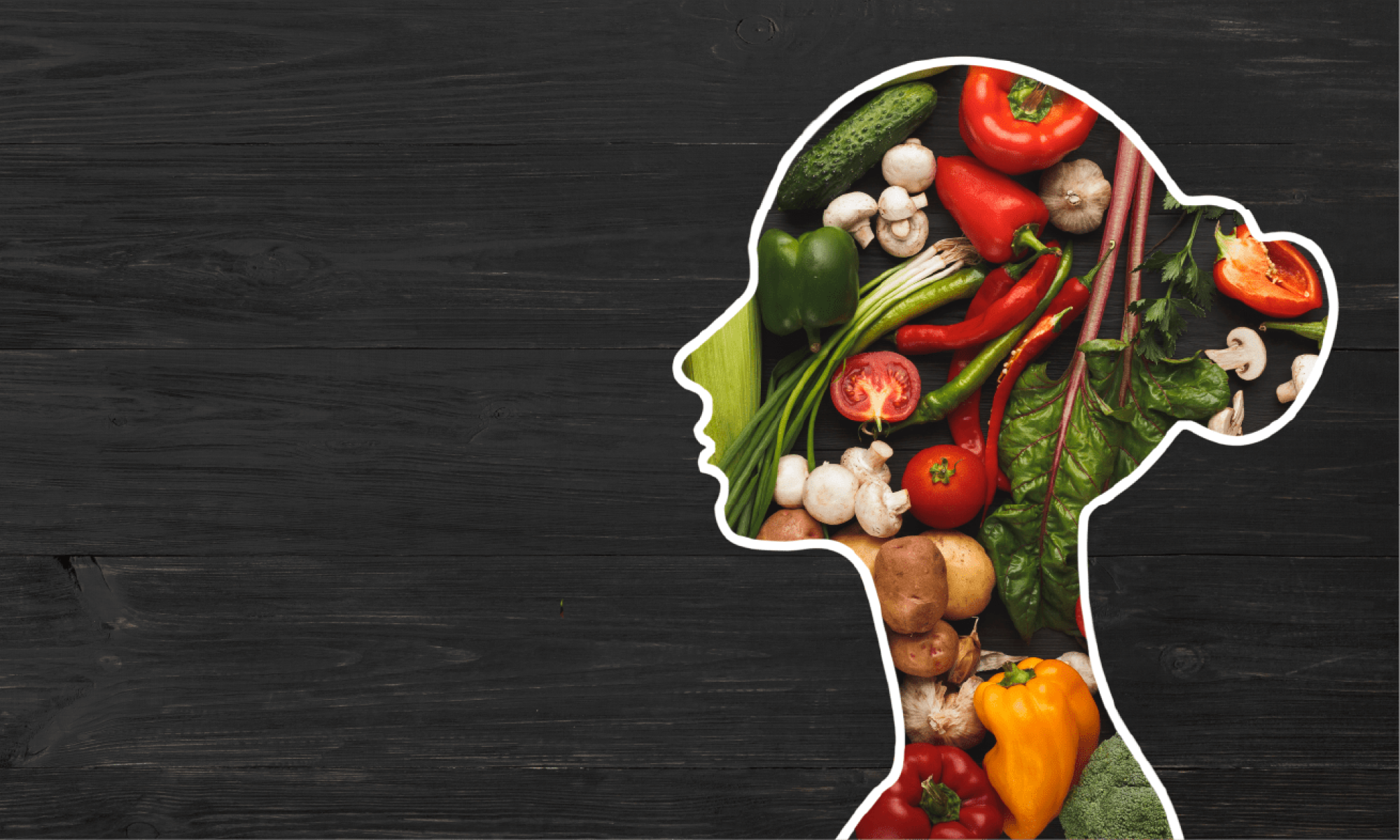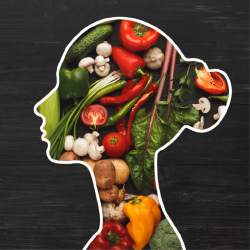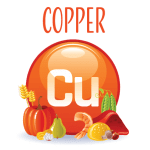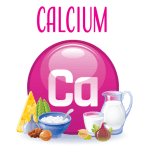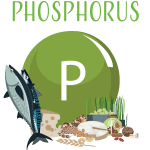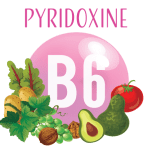
Zinc: Essential for immunity, growth, and development.
Zinc is an essential mineral that plays a crucial role in many bodily functions. It plays a major role in supporting the immune system, wound healing, and helps maintain a healthy sense of taste and smell. Zinc is also essential for proper growth and development, especially during childhood, adolescence and pregnancy. In addition, it helps support healthy skin, normal blood sugar levels, and promotes optimal brain function. Zinc is found in a variety of foods such as meat, shellfish, legumes, and nuts.
Why is Zinc is essential for our body?

mental Health
Zinc aids HPA axis regulation (linked to stress response), produces neurotransmitters like GABA to reduce anxiety, and acts as a potent antioxidant protecting the brain from oxidative stress that causes anxiety.

Reproduction
Essential for growth and development, including reproductive organ growth and DNA creation. It is especially important during adolescence and pregnancy. Without enough zinc, reproductive issues can occur, such as decreased sperm production in men and menstrual irregularities in women.

Immunity
Aids the development of white blood cells and production of T-helper cells, important for the immune system’s response to infection. It also aids in the formation of antibodies and increases the activity of neutrophils which kill harmful microorganisms through phagocytosis.

Healthy Skin
Zinc is important for healthy skin as it regulates the immune system, reduces inflammation, promotes wound healing, and helps with skin conditions such as eczema, acne rosacea, and dermatitis. Zinc oxide is often found in sunscreen to protect against UV damage and promote skin repair while enhancing hydration and preventing dry and itchy skin.

Skeletal System
Zinc is required for the growth and differentiation of osteoblasts, the cells that form bone tissue. It also helps in the mineralization of bone, which is the process of adding minerals like calcium and phosphorus to the bone to improve its strength.
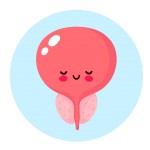
Prostate
The prostate gland produces fluids that nourish sperm and aid in transportation, but can cause health issues if swollen. Zinc is crucial for the gland’s structure and function and can prevent and shrink swelling by inhibiting an enzyme that speeds up prostate cell growth. Zinc can also reduce inflammation and improve symptoms including increased urination frequency and urgency.
Symptoms of Zinc Toxicity / Deficiency
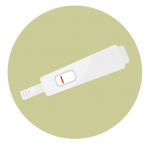
Infertility
Zinc is critical for fetal development, metabolism, growth, and immune system function. Maternal zinc deficiency may cause fetal loss, congenital malformations, low birth weight, preterm delivery, and even mortality. Eating a well-balanced diet that includes zinc-rich foods like beef, pork, poultry, beans, nuts, and dairy is essential during pregnancy to prevent these adverse effects. Consult a healthcare professional for proper nutrition guidance.

Frail Bones
When we have a low level of zinc, it reduces the activity of bone-building cells, leading to lower bone density and an increased risk of fractures. In addition, a deficiency can also lead to poor absorption of calcium, which is essential for bone development.
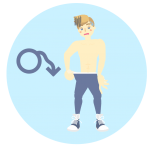
Sexual Dysfunction
In a 1996 study, researchers found that men who have extremely low levels of zinc in their body experience a significant decrease in sexual function, including ED. Zinc deficiency can impact the production of testosterone, a hormone that is essential for sexual health and function. Low testosterone levels have been linked to lower libido and difficulty achieving and maintaining an erection.

Bowel Issues
Excessive amounts of zinc can lead to negative health consequences, including digestive issues like diarrhea, abdominal cramps, and vomiting.
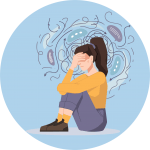
INstability
Zinc deficiency is linked to mental health problems like depression, anxiety, emotional instability, increased irritability, and deficits in social behavior. Children need adequate zinc levels for proper brain development and social skills. It plays a vital role in regulating neurotransmitters and the HPA axis, responsible for the body’s response to stress. A recent study found that people with depression had lower levels than healthy individuals.

Healing
A lack of zinc in the diet can lead to a range of health problems, including frequent infections, slow wound healing, and stunted growth in children. It can also increase the risk of developing chronic conditions such as diabetes and heart disease.
